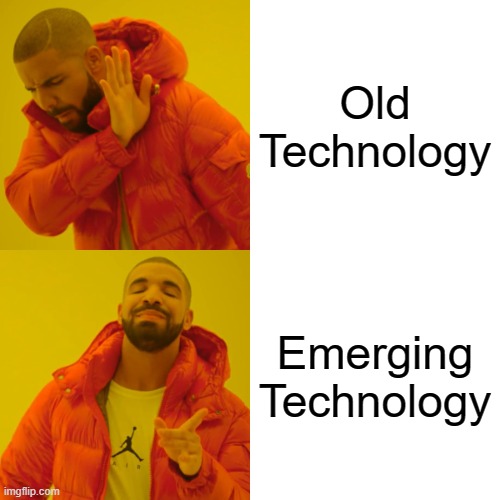As professionals, staying ahead in our careers often means being aware of the latest trends and technologies. This awareness isn’t just about keeping up; it’s about gaining that ‘wind at your back’ that can propel you forward faster than you thought possible. Just like in a triathlon, where getting on the bike gives you a speed advantage over those still swimming or running, leveraging these emerging technologies can provide a significant competitive edge in your professional journey.
Identifying Rising Trends
In today’s fast-paced world, it’s crucial to identify which trends and technologies are on the rise. Being proactive in understanding and adopting these innovations can accelerate your professional development. Whether it’s AI, blockchain, or the latest in cloud computing, recognizing which technologies are gaining traction allows you to position yourself as a forward-thinking leader in your field.
Gaining the Competitive Edge
Think of your career as a triathlon. You start by swimming, navigating the waters of basic skills and foundational knowledge. But as soon as you can, you want to get on that bike—metaphorically speaking—where you can pick up speed and leave the competition behind. By integrating cutting-edge technologies into your skill set, you effectively jump onto that bike, gaining momentum while others are still trying to keep up.
Accelerating Professional Development
The beauty of emerging technologies is that they often bring efficiency, new opportunities, and even entire industries that didn’t exist before. By actively studying and applying these technologies, you not only enhance your skill set but also increase your value to your company. This not only leads to faster career progression but also opens doors to roles and projects that might have been out of reach otherwise.
Conclusion
In the ever-evolving landscape of professional development, embracing new technologies isn’t just an option—it’s a necessity. By keeping an eye on what’s next and being willing to learn and adapt, you position yourself for continuous growth and success. So, the next time you’re faced with the choice of sticking with the familiar or exploring the new, remember: it’s like choosing between swimming and biking in a triathlon. The sooner you get on that bike, the faster you’ll reach your goals.
Read the article: “Empowering Potential: Why Education Matters in Hiring”



